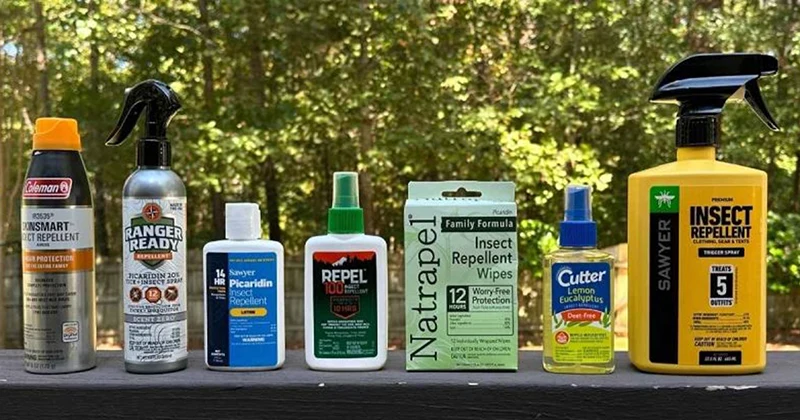Gardenista: Ask the Experts: How to Protect Yourself Against Ticks In the Garden
Gardenista: Ask the Experts: How to Protect Yourself Against Ticks In the Garden

Gardenista: Ask the Experts: How to Protect Yourself Against Ticks In the Garden
YouTube video highlight
Most studies show that people who actively protect themselves from ticks are less likely to get bitten.
Read more about the projectAsk the Experts: How to Protect Yourself Against Ticks In the Garden
Gardeners have learned to put on a brave face when it comes to ticks: If you want to spend your days outside, you’re likely to encounter some. But there is much you can do to protect yourself from these pesky critters, and most studies show that people who actively protect themselves are less likely to get bitten.
You may be tempted to call a service to have your yard “sprayed for ticks,” but those pesticides don’t just kill ticks: They also come with negative impacts to people, pets, and wildlife. The most commonly used pesticides for tick management, for example, are synthetic pyrethroids, which are toxic to bees and other beneficial insects. “These are used widely in urban environments and end up at high levels in urban and suburban watersheds, where they pose risks to aquatic organisms,” explains Emily May, a conservation biologist with the Xerces Society. And the organic ones? They’re not yet proven to be effective.
Continue learning about how to protect yourself from ticks in the garden, written by Laura Fenton.
Gardenista: Ask the Experts: How to Protect Yourself Against Ticks In the Garden


Ask the Experts: How to Protect Yourself Against Ticks In the Garden
Gardeners have learned to put on a brave face when it comes to ticks: If you want to spend your days outside, you’re likely to encounter some. But there is much you can do to protect yourself from these pesky critters, and most studies show that people who actively protect themselves are less likely to get bitten.
You may be tempted to call a service to have your yard “sprayed for ticks,” but those pesticides don’t just kill ticks: They also come with negative impacts to people, pets, and wildlife. The most commonly used pesticides for tick management, for example, are synthetic pyrethroids, which are toxic to bees and other beneficial insects. “These are used widely in urban environments and end up at high levels in urban and suburban watersheds, where they pose risks to aquatic organisms,” explains Emily May, a conservation biologist with the Xerces Society. And the organic ones? They’re not yet proven to be effective.
Continue learning about how to protect yourself from ticks in the garden, written by Laura Fenton.
Gardenista: Ask the Experts: How to Protect Yourself Against Ticks In the Garden


Ask the Experts: How to Protect Yourself Against Ticks In the Garden
Gardeners have learned to put on a brave face when it comes to ticks: If you want to spend your days outside, you’re likely to encounter some. But there is much you can do to protect yourself from these pesky critters, and most studies show that people who actively protect themselves are less likely to get bitten.
You may be tempted to call a service to have your yard “sprayed for ticks,” but those pesticides don’t just kill ticks: They also come with negative impacts to people, pets, and wildlife. The most commonly used pesticides for tick management, for example, are synthetic pyrethroids, which are toxic to bees and other beneficial insects. “These are used widely in urban environments and end up at high levels in urban and suburban watersheds, where they pose risks to aquatic organisms,” explains Emily May, a conservation biologist with the Xerces Society. And the organic ones? They’re not yet proven to be effective.
Continue learning about how to protect yourself from ticks in the garden, written by Laura Fenton.






.png)

















































































































